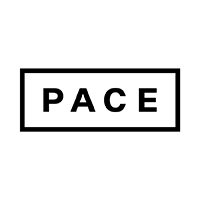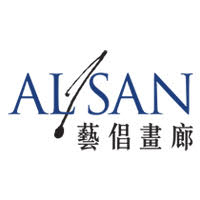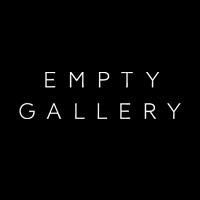Dutch Museums To Return Looted Art To Former Colonies
By Ariana Heffner

Exterior view of the Rijksmuseum, Amsterdam. Image via Facebook.
The Netherlands’ Gonçalves Committee, an advisory committee formed to develop national policies regarding the country’s colonial art collections, released a report on October 6 proposing that the country return an estimated 100,000 pieces of looted colonial art currently in Dutch institutions, if requested by the source countries.
Established in 2019 by Ingrid van Engelshoven, the minister of Education, Culture, and Science, the committee spent a year conducting research and interviewing people from former Dutch colonies, namely Indonesia, Suriname, and the Caribbean islands. The Committee, led by lawyer and human rights activist Lilian Gonçalves-Ho Kang You, has proposed that the government set up a Centre of Expertise to investigate the provenance of all such items in Dutch museums, create a publicly accessible national database of such collections, and establish an independent advisory committee to advise the minister on how to process such restitutions. According to a statement by van Engelshoven, a draft legislation will be presented in early 2021, with further details to be announced.
Major museums in the country have offered support for the report, including directors of Amsterdam’s Rijksmuseum and Tropenmuseum, Taco Dibbits and Stijn Schoonderwoerd. Schoonderwoerd shared with The New York Times that the government’s future decisions must factor in discussions with former colonies and that “it would also be neocolonial to presume to know what’s good for Indonesia or Suriname or any other country.” Bénédicte Savoy, a professor at Technische Universität Berlin, predicts that the government will adopt the report’s recommendations.
This follows recent steps undertaken by some of the country’s cultural institutions to reconcile with its colonial past. The Rotterdam contemporary art center, named after colonial naval officer Witte de With (1599–1658), announced on September 7 that the institution will be renamed from January 27, 2021, as Kunstinstituut Melly, after a fictional working-class female character from Canadian artist Ken Lum’s billboard Melly Shum Hates Her Job (1990), which is permanently installed on the exterior wall of the building.
Other European countries are also moving forward with steps to decolonize institutions. In his November 2017 speech at the University of Ouagadougou, French president Emmanuel Macron made promises of restituting stolen art from Africa. In November 2019, a sword formerly owned by the anti-colonial leader Omar Saidou Tall (1794–1864) and displayed at Paris’s Army Museum was returned to the Senegal government. France’s National Assembly passed a bill on October 8, allowing 27 Royal Palaces of Abomey artifacts currently held at Paris’s Quai Branly Museum to be returned to the Republic of Benin in 2021.
Ariana Heffner is an editorial intern of ArtAsiaPacific.
To read more of ArtAsiaPacific’s articles, visit our Digital Library.
.jpg)






